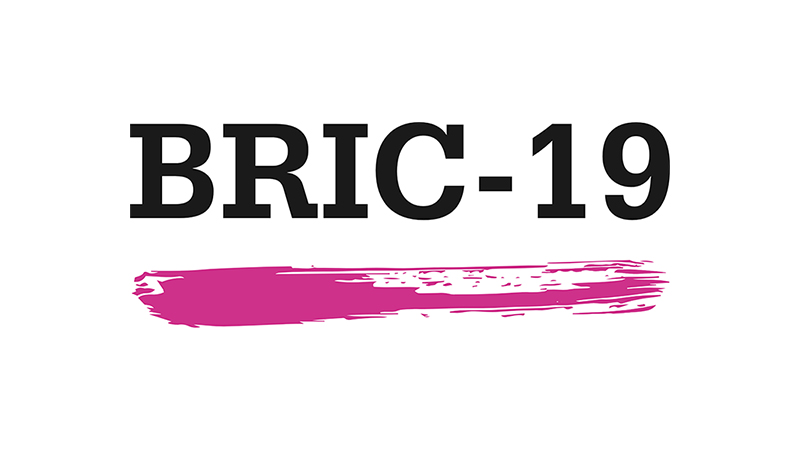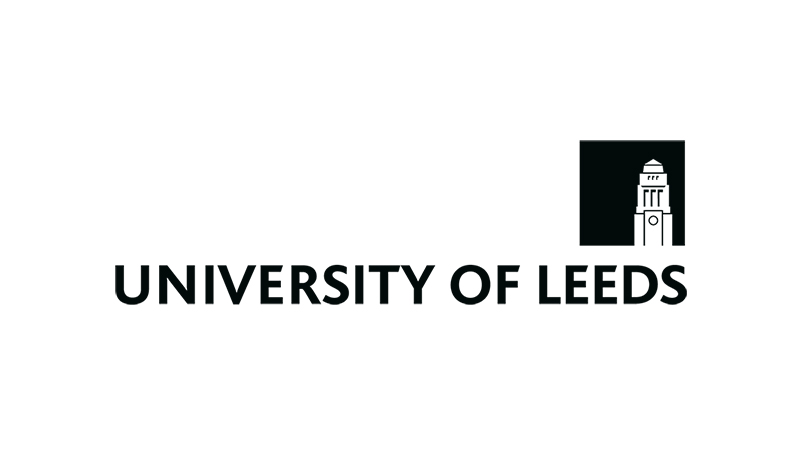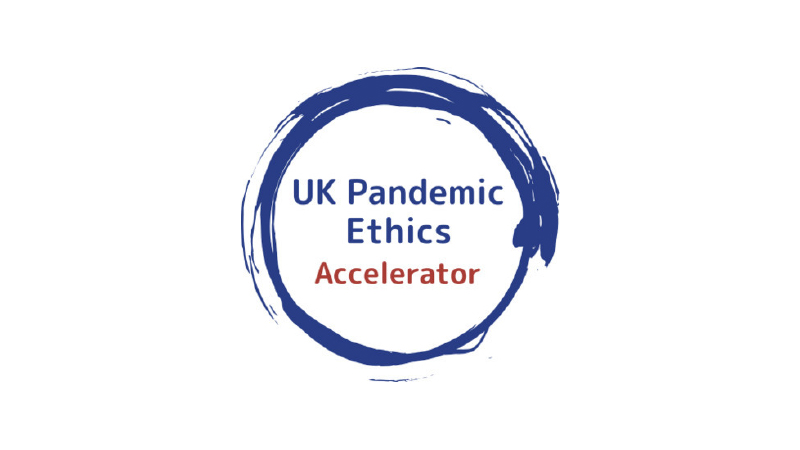Arts and Humanities research during the pandemic has been vital in helping us understand how public health messages are received within different communities, how communication platforms affect interpretation and reach, and how effective messaging can combat misinformation and build public trust.
Researchers have investigated how rumours and conspiracy theories originate, how they spread and the impacts they have on people. They have analysed messaging and guidance issued during the pandemic, and made recommendations around its clarity, consistency and the involvement of the public in its development and in decision-making.
A strong focus has been on young people and those who are marginalised. Resulting understandings provide insight into how to communicate effectively with different communities and in specific contexts such as on public transport, including through creative formats.
Projects
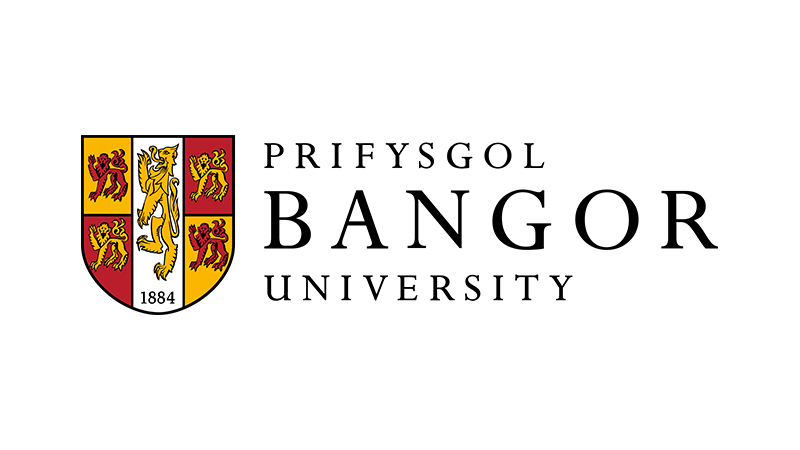
Between environmental concerns and compliance
How does media messaging affect motivation and choice between disposable versus reusable face masks?
Professor Nathan Abrams
(Bangor University)
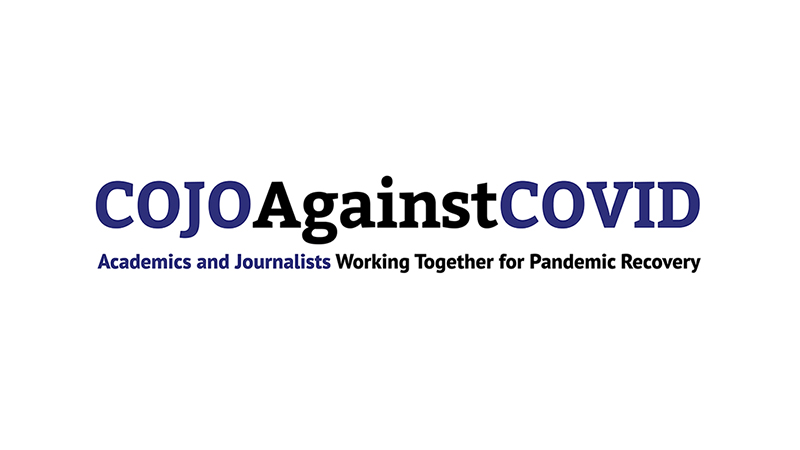
COJO for COVID Recovery
Solutions-focused Constructive Journalism as an Exit Strategy for the UK’s Local/Regional Communities
Professor An Nguyen
(University of Bournemouth)
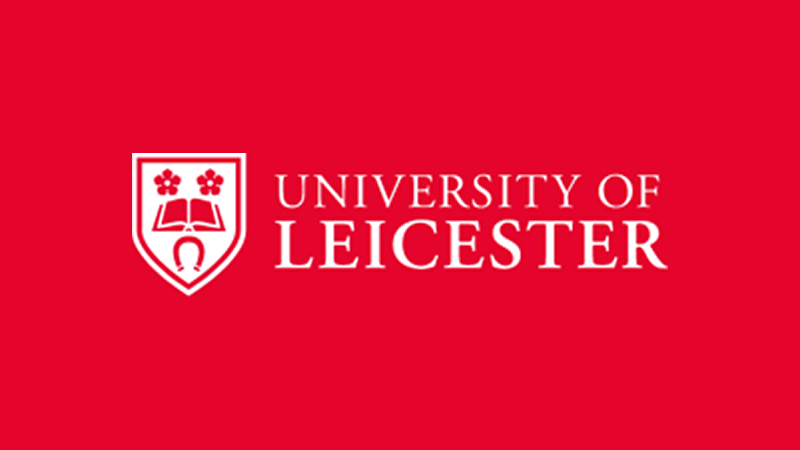
Combatting Gendered, Sexual and Online Harms and Risks During the COVID-19 Pandemic
Developing Resources for Young People, Parents and Schools
Professor Kaitlynn Mendes
(University of Leicester)

Comics in the time of COVID-19
Tracking data on web-based comics and evaluating their potential for communicating public health messages
Professor Anna Feigenbaum
(Bournemouth University)

Cultural Translation and Interpreting of COVID-19 Risks among London’s Migrant Communities
Dr Nana Sato-Rossberg
(School of Oriental and African Studies)
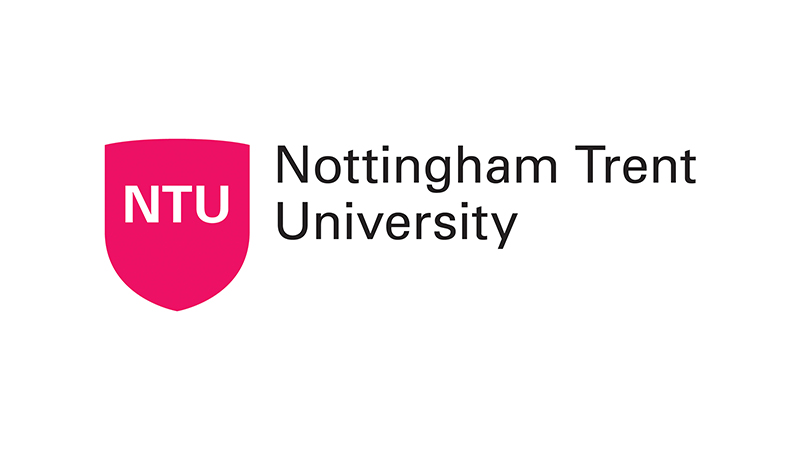
Grading Gowns
Redesigning one-size PPE to fit and protect female health workers more effectively
Professor Katherine Townsend
(Nottingham Trent University)

Information Design for Diagnostics
Ensuring Confidence and Accuracy for Home Testing
Professor Sue Walker
(University of Reading)
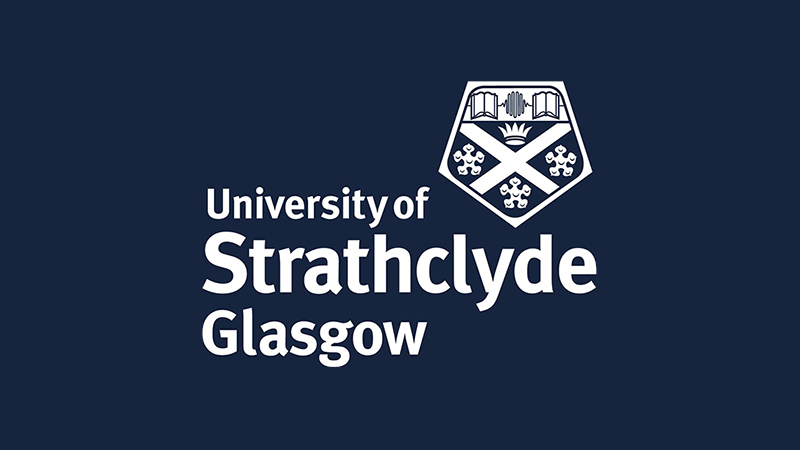
Quality Improvement Tool for Re-designing Healthcare Service User Journeys with COVID-19 Risk Assessment and Mitigation
Professor Tom Inns
(University of Strathclyde)
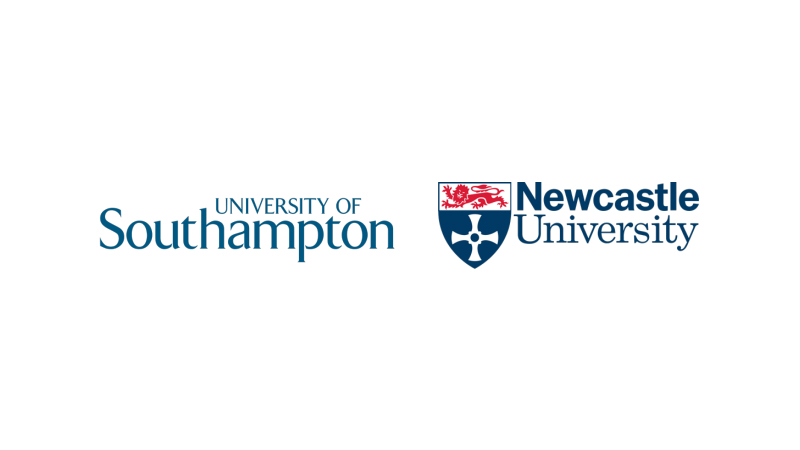
Routes of Infection, Routes to Safety
Creative Mapping of Human-Viral Behaviours on the Bus to Understand Infection Prevention Practices
Dr Emma Roe, Dr Sandra Wilks, Dr Paul Hurley
(University of Southampton)
Dr Charlotte Veal
(Newcastle University)
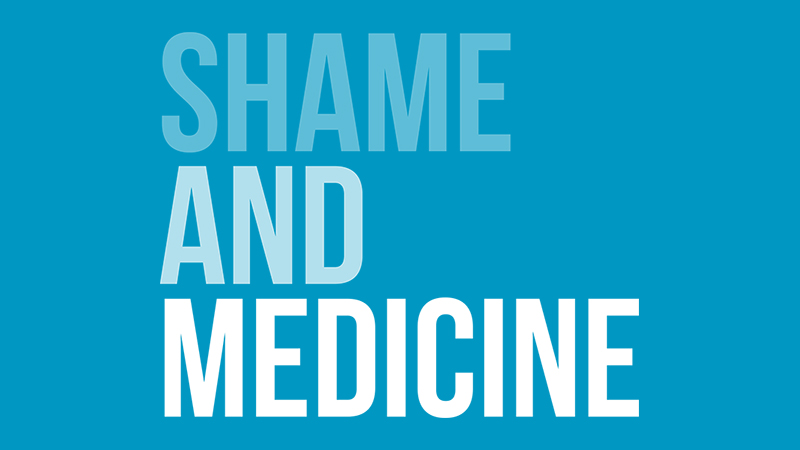
Scenes of shame and stigma in COVID-19
Professor Luna Dolezal, Dr Arthur Rose, and Dr Fred Cooper
(University of Exeter)
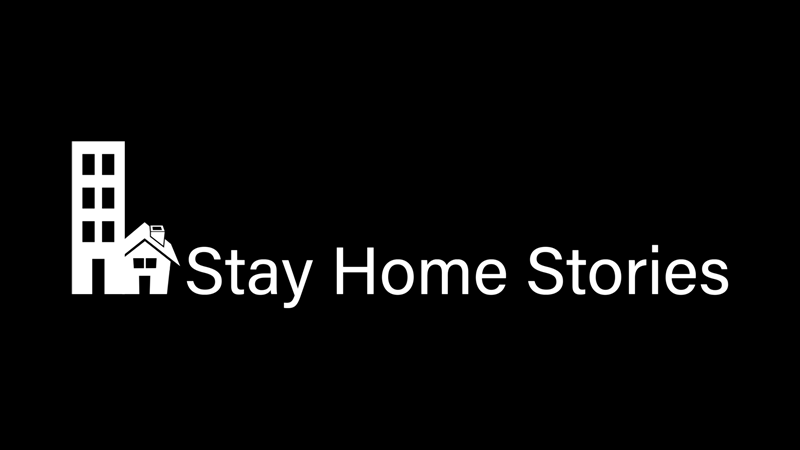
Stay Home Stories
Rethinking the Domestic During the COVID-19 Pandemic
Professor Alison Blunt
(Queen Mary University of London)

Touch Post-COVID-19
Navigating Through Deafblindness in the UK via Haptic-Audiovisual Technologies of Perception
Dr Azadeh Emadi
(University of Glasgow)

